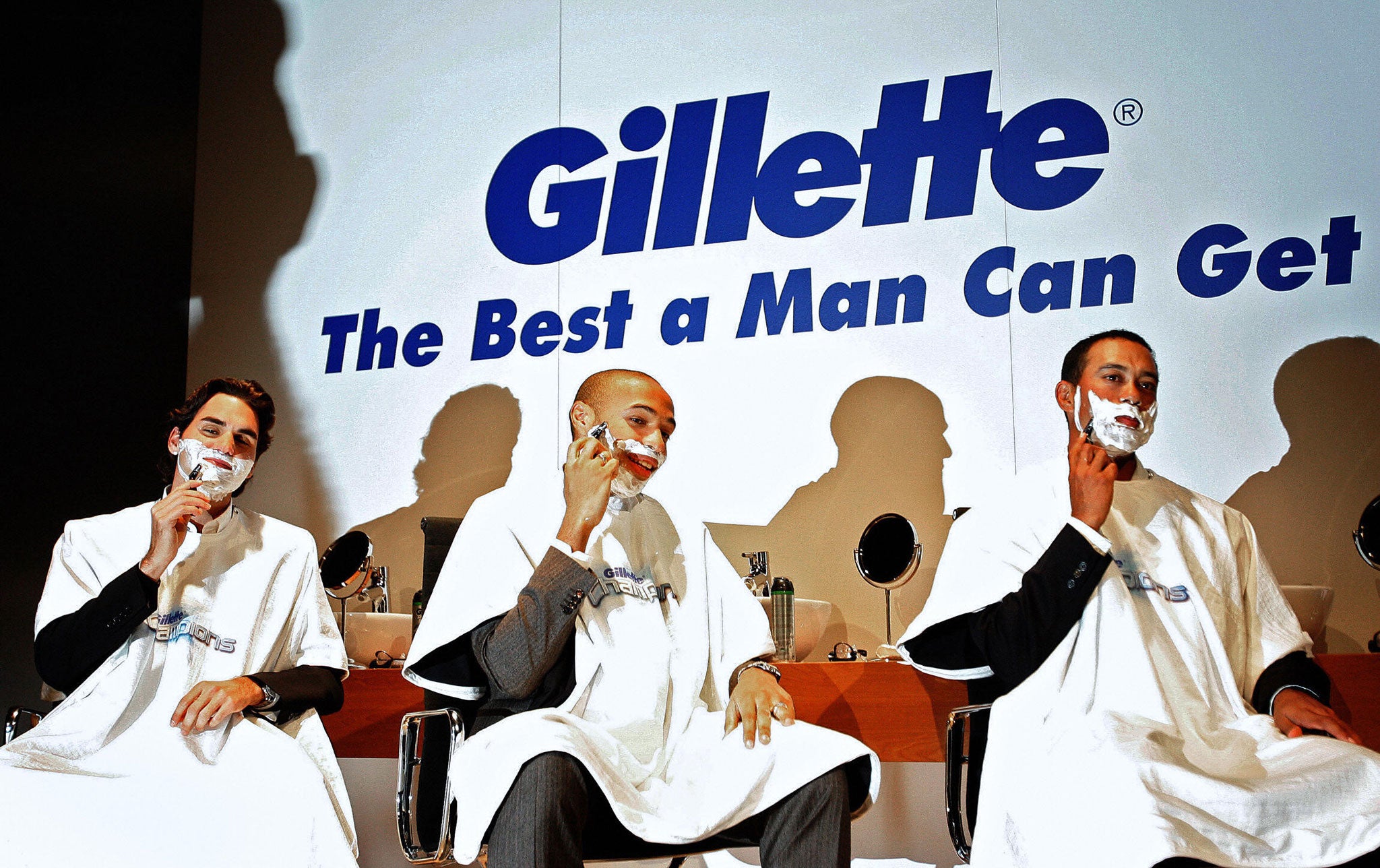I just want to watch the Hovis TV ad, I don’t want to take part in it
Sony has launched a patent that could see the ads of the future turned into interactive videogames. But some of us already loathe pop-ups...

Your support helps us to tell the story
From reproductive rights to climate change to Big Tech, The Independent is on the ground when the story is developing. Whether it's investigating the financials of Elon Musk's pro-Trump PAC or producing our latest documentary, 'The A Word', which shines a light on the American women fighting for reproductive rights, we know how important it is to parse out the facts from the messaging.
At such a critical moment in US history, we need reporters on the ground. Your donation allows us to keep sending journalists to speak to both sides of the story.
The Independent is trusted by Americans across the entire political spectrum. And unlike many other quality news outlets, we choose not to lock Americans out of our reporting and analysis with paywalls. We believe quality journalism should be available to everyone, paid for by those who can afford it.
Your support makes all the difference.TV commercials – they’re hard to love, aren’t they? Seeing Dawn French trying to extract some comedy from Churchill the insurance dog, or Brad Pitt adenoidally muttering “Inevidable” in the Chanel ad, or the bargain-basement sofa commercials, or that irritating girl with the squeaking morning teeth, or the bizarrely self-destroying Go Compare campaign, I sigh with nostalgia for the classic stuff from the 1980s. You know, the Cockburn’s Port ads directed by Alan Parker (“One doesn’t say Cock, one says Co…”), the Paul Weiland ads for Heineken (“The water in Majorca…”), the Smash robots, the fancy production values of the Hovis commercial, the Guinness surfers.
Advertising, George Orwell opined, is no more than “the rattling of a stick inside a swill bucket”. It’s not his most incisive remark because he doesn’t explain how the rattling stick persuades pigs to part with their hard-earned cash. But sometimes commercials could be more a pleasure than an incitement to buy; even, dare one say it, a tiny work of cinematic art. Now they’ve gone back to being tiresome interruptions – and they’re just about to get worse.
Sony have just launched a new patent which freezes the blood. Its fancy title is a “system for converting television commercials into interactive networked video games”. If it goes ahead and spends billions on the idea, your favourite TV show will soon be interrupted by commercials which would like you to interact with them. Here, for instance, is an ad for a burger. It’s a bit tedious, but you can speed it up if you click a console and throw an on-screen gherkin into the digital beef roundel. Which would be a laugh if you’re 12 and have limited notions of how to entertain yourself.
For grown-ups, it’s a bit like being kidnapped by technology which, in the middle of (say) Homeland or (say) Downton Abbey, suddenly pokes its blasted head through the TV screen and demands that you play with it. There’s no point in saying “Please come to the end of this commercial break soon, so that I may return to my gripping period drama”, because this is modern Digital Interactive Land, and you’ve got to join in, or suffer the societal freeze-out that awaits the non-faithful.
You know those maddening advertisements on your computer, the ones that pop up randomly and obscure your view of a website, and dink about in front of you like a deranged pixie until you rain curses on them and finally shoo them away? That’s the future of TV ads, ladies and gentlemen, only you won’t be able to get rid of them so easily. And if you’re not careful, they’ll come out of the television and on to your lap and in your face and down your throat until you do what they tell you.
Questionable behaviour
You have to love the jury in the Vicky Pryce trial. Did someone drop a Class A substance in the jury-room tea? Whoever was in charge persuaded them to ask the judge some really daft questions. Should they take into account what the Bible says about wives obeying husbands? (No.) Could they reach a verdict for a reason not presented in court and for which there’s no actual evidence? (No.) I wouldn’t have been surprised if they’d asked “Can we find her neither guilty nor not guilty, just a bit guilty?” or “Does it make a difference that she’s Greek?” or “Is it a defence that she’s totally a Gemini?”
I’ve heard of juries being swayed by emotion or irrelevancy, but not juries unable to grasp basic points of law. I hope someone taped their discussions; they’d make a hilarious Mike Leigh film.
Join our commenting forum
Join thought-provoking conversations, follow other Independent readers and see their replies
Comments